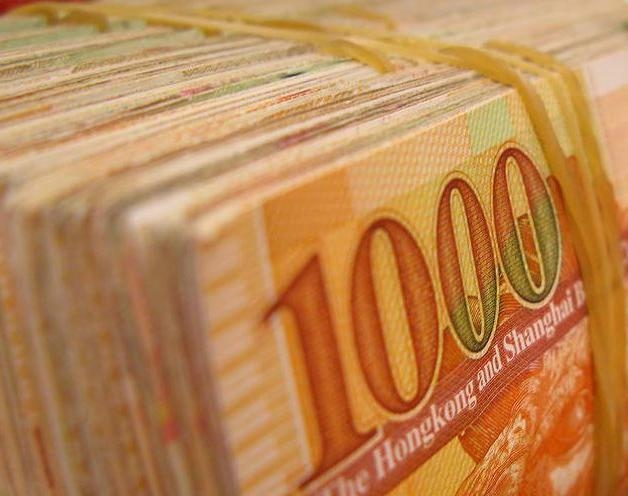
Ernst & Young cites one disappointment from Hong Kong's 2013 budget
It wasn't a 'giveaway budget'.
In a release, Agnes Chan, Managing Partner for Hong Kong and Macau, Ernst & Young, says: “While this wasn’t a giveaway budget that some had expected, the Financial Secretary has clearly set out to address some of Hong Kong’s most pressing social issues – despite the absence of long-term solutions."
She adds, 'what is interesting is that the finance chief is proposing to spend an estimated 21.7% of gross domestic product – significantly higher than the 20.2% the government previously budgeted.
That extra spending has gone to principally two areas – HK$15 billion for the Community Care Fund, and HK$15 billion for retraining relatively unskilled workers."
"While these are positives, they won’t solve Hong Kong's social issues overnight. We therefore welcome his plan to establish a task force which is an important first step to address how our fiscal reserves could be put to better use to tackle Hong Kong's underlying social issues, especially in light of Hong Kong’s ageing population.”
Individual tax measures
Grace Tang, a Tax and Business Advisory Services Partner at Ernst & Young, said: “There were a fair amount of sweeteners especially for middle class families.
The salaries tax cut, the government rates waiver and electricity credit will benefit many families, and will go some way in offsetting inflationary pressures that families are experiencing day to day.”
“Specifically, we believe it would have been better if the salaries cap was raised to HK$18,000 as we proposed, and if the rates waiver was capped at HK$2,500 per quarter. Still, on balance, the measures are positive, and the efforts to earmark funds for the CCF to relieve poverty are to be applauded.”
Corporate tax measures
Tracy Ho, Tax Location Leader, Hong Kong & Macau at Ernst & Young, says: “There were no surprises in terms of tax benefits for small businesses. The waiver of business registration fees makes good sense, as it will help these businesses cope with rising costs.
The cut in profits tax by 75% for 2012-13 (subject to a HK$10,000 ceiling), should provide welcome relief to small businesses.”
“Venture capital and private equity funds have found the profits tax exemption rule for offshore funds restrictive, as they often use special-purpose private companies to invest in start-up businesses they see as having strong growth prospects.
That explains why Tsang felt the need to extend the exemption for offshore funds to include transactions in non-Hong Kong private companies.”
"If there was one disappointment it would be that there appeared to be a lack of tax incentives for industries other than financial services.”






















 Advertise
Advertise







